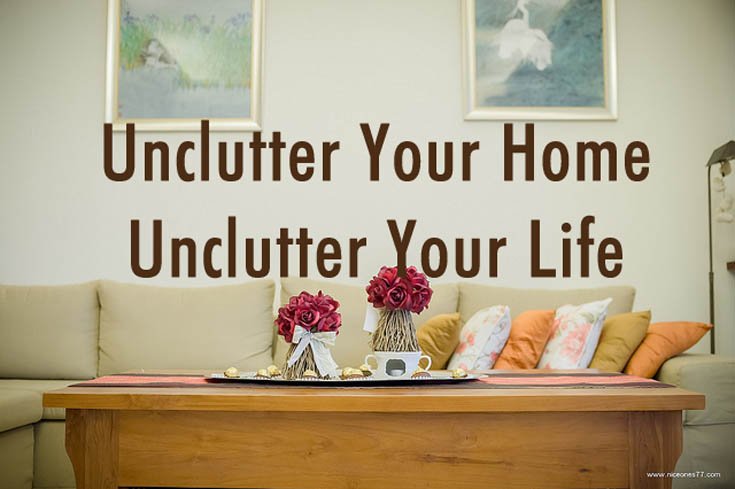

In this moment of concern regarding germs and viruses, we need to think carefully about every new article we bring into our homes. Mindful purchasing, Dual-purpose products Rather than buying disposable, poor quality objects that will deteriorate or obsolesce in the short term, we could all do well by heeding a wise grandmother’s advice to buy fewer things, but buy quality items that will last. We are mindful of what we buy, we buy fewer objects of exceptional quality and we buy them once. “My grandmother always told us, we are too poor to buy poor quality,” says Daniel Edelist of NOVA of California. Do you really need some of the things you think are essentials? Do you need that many clothes?Ĭan you rent or borrow items instead of owning them? Once you take a good, hard look at the things you truly need, you may find multiple areas where you can cut your spending. Getting rid of things you don’t need shows you how much less you can live with. The less clutter, the more open spaces, and the additional light in a room contributes to feelings of lightness, joy, and being in control. When your home feels like something to hide or be ashamed of, it takes an emotional toll, commonly triggering feelings of guilt or shame,” Gill says. “Can you throw a party or host a friend without having to scramble to clean up in a panic? Would you wince if someone were to open a drawer to find something?
#UNCLUTTER LIFE PROFESSIONAL#
In a self-authored goop article, professional organizer Shira Gill talks about the impact this can have on your well-being.

If the thought of a friend or family member stopping by on short notice makes you want to climb out the nearest window, you probably have clutter issues. We have gotten used to having few or no guests in 2020, but that won’t always be the case. Live with less, breathe more freely, smile more often, enjoy be joy! You Could Be More Prepared for Spontaneous Entertainment “Thus, our excess becomes a visible sign of unaccomplished work that constantly challenges our deeply ingrained notions of tidy homes and elicits substantial stress.” “It’s difficult to find time to sort, organize and manage these possessions,” Graesch says in a UCLA Magazine article. Graesch, Ph.D., one of the researchers involved in the project. The more things we acquire, the more work is involved with keeping these items organized, according to Anthony P. Researchers from UCLA’s Center on the Everyday Lives of Families (CELF) found that the way people described their stress levels was often linked to the amount of clutter in their homes. It should not take a scientific study to tell you that cluttered homes can raise your stress levels, but it’s more convincing when they do. Read on to learn a few of the positive effects decluttering may have on you. The less clutter, the more open spaces for light, the lighter and happier we feel. While conveniences like these are obvious benefits to a dedicated organizational effort, there is a much more important reason to start cleaning out your home in the first place.Īcademics and organizational experts alike agree that an organized home is a happier home. Decluttering involves selecting the elements around you that serve your needs and bring you joy and light. Photo by Grass America on Unsplash Less Is More: How Decluttering Helps Youĭecluttering isn’t merely about being able to find your car keys or keeping computer chargers from getting tangled up. However daunting the process may seem, you can simplify your life and your home by getting rid of items that don’t serve any purpose, allowing you to focus on the things that truly matter. We’ve pulled together some of the best advice from organization gurus like Marie Kondo and others to give you a roadmap for purging clutter from your home and spaces you design. The goal of this guide is to inspire and encourage you in your journey toward a clutter-free life.


We’re in the middle of unique moment in history where the state of our homes can make a more significant impact than ever before on our mental health and well-being. Going into 2021, we want to help you take a look at the clutter or unnecessary items in your life and your home – the noise - and make a plan for paring down in the new year. It is a time to assess how you spend your energy and time and how closely you’re adhering to your values, all with honest, critical eyes. The end of a year and the start of another is often a time to reflect on your life. Rather, minimalism is about getting rid of life’s excess in favor of the essential.” “Minimalism has never been about deprivation.


 0 kommentar(er)
0 kommentar(er)
